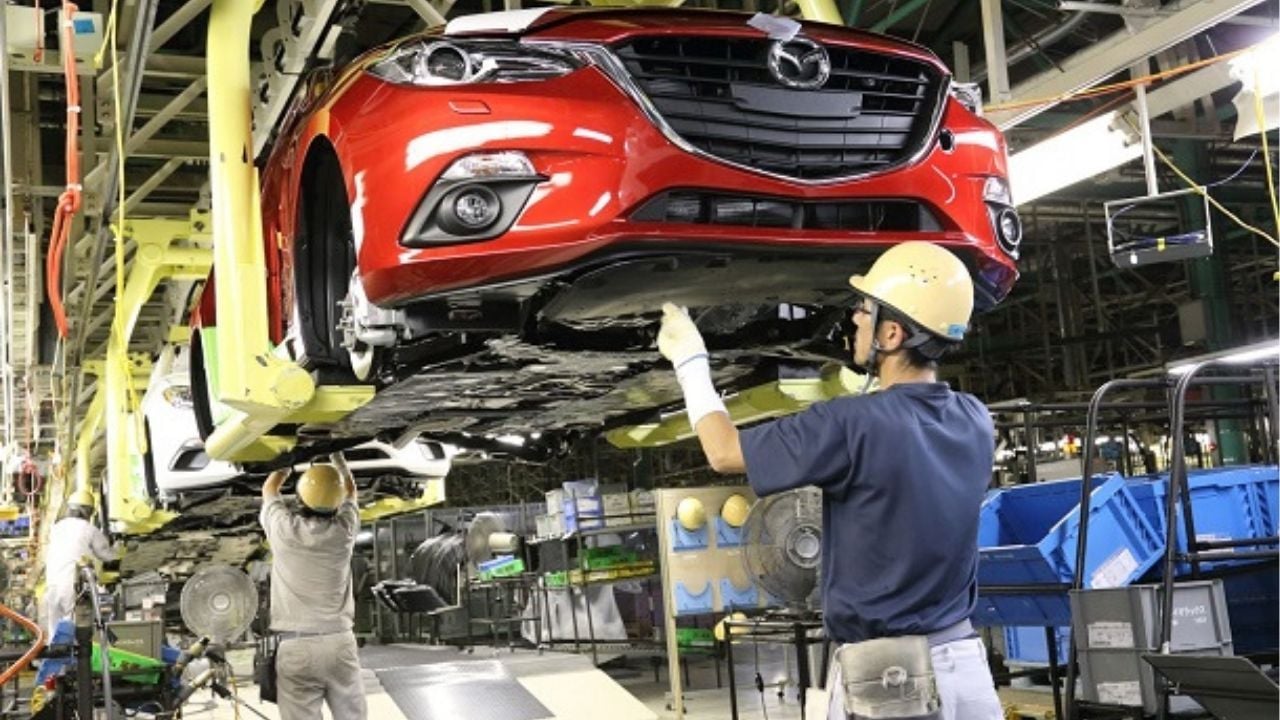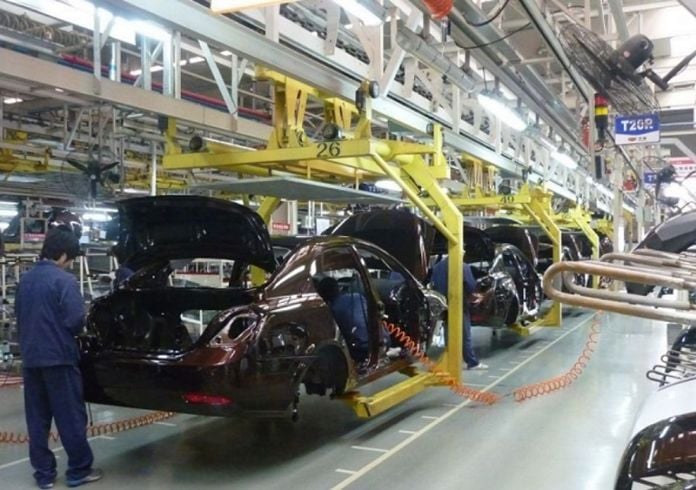

The Thai automotive sector continues to face challenges this year, with total car production declining by 5.73% year-on-year in the first seven months, impacting employment in car manufacturing plants.
Between January and July, 835,331 units were produced. In July alone, manufacturing reached 110,616 units, marking an 11% decrease compared with the previous year, according to the Federation of Thai Industries (FTI).
The reduction in production has been attributed to various factors, including US tariff policies and debt issues, stated Surapong Paisitpatanapong, vice-chairman of the FTI and spokesperson for the federation’s Automotive Industry Club.
During the first seven months, car exports decreased as Thailand’s trading partners postponed purchases, awaiting clarity on tariff policies from US President Donald Trump. Exports also dwindled due to changes in car models.
Car exports decreased by 11% year-on-year, totalling 531,796 units during this period.

Banks and car financing firms have adopted stringent lending criteria to prevent non-performing loans, given high household debt levels. This has led to reduced auto loans, affecting car sales.
Some manufacturers were compelled to cut production, employing workers only three to four days a week, resulting in 75% of regular salaries being paid since the end of last year.
Bangkok Post reported that the decline in car sales and production has particularly impacted manufacturers in the pickup segment, which relies on a supply chain involving small and medium-sized enterprises. Pickup production has been decreasing for 30 consecutive months, with a reduction of over 200,000 units.
The Finance Ministry’s initiative to allocate a 5 billion baht fund to support pickup loans for SMEs has yet to boost sales, with only 100 vehicles sold under the programme.
In July, pickup sales in Thailand fell by 16% year-on-year to 10,968 units, compared to a 17.6% decline to 84,594 units between January and July, according to the club. However, sales of all types of cars in July rose by nearly 6% to 49,102 units, driven by purchases of battery electric vehicles and plug-in hybrid EVs.
The story Thai car production slumps as debt and tariffs bite as seen on Thaiger News.
